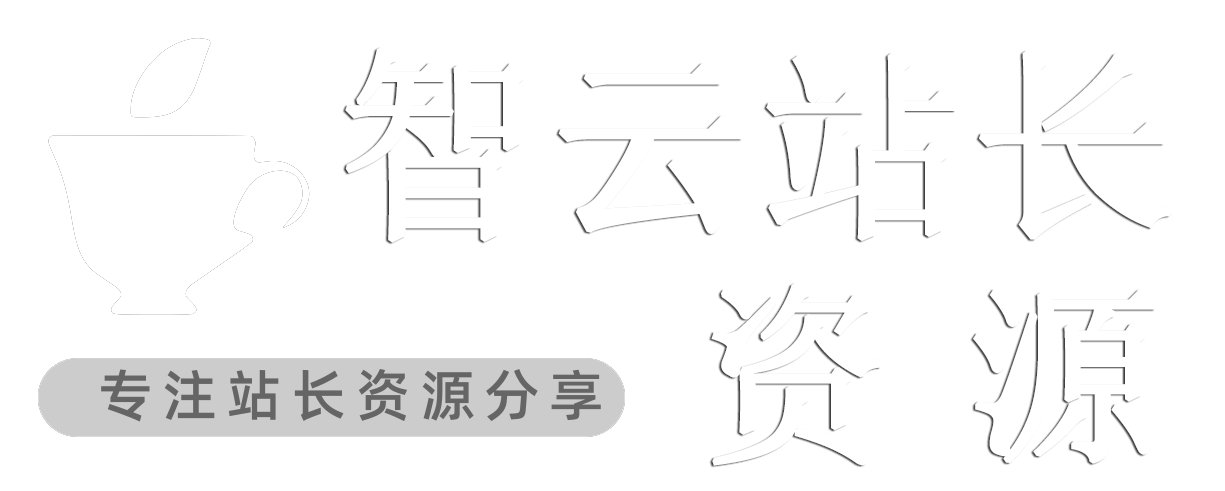一、前言
现在微信小程序越来越火了,相信不少人都通过各种途径学习过微信小程序或者尝试开发,作者就是曾经由于兴趣了解开发过微信小程序,所以现在用这篇博客记录我之前开发的一些经验和一些心得吧。
二、主要内容
-
springboot后端架构构建
-
小程序项目构建
-
小程序api调用
-
后台resetful接口编写
-
小程序调用后台接口
-
免费的https申请
-
linux下部署上线
三、微信小程序项目构建
这些基础的东西我就不过多介绍,大家在刚开始开发的时候一般都没有自己的服务器及域名,所以大家在本地编写的时候,在“详细”下的“项目设置”里面将“不校验域名安全性”勾选。
至于微信小程序的组件,即前端页面的开发希望大家耐住寂寞认真在微信开发平台上。
组件:
https://developers.weixin.qq.***/miniprogram/dev/***ponent/
api:
https://developers.weixin.qq.***/miniprogram/dev/api/
四、后端详解
我在后端编写主要是用java,当然对其他开发语言熟悉的也可以使用其他语言开发后端。现在我就java编写后端api的讲解。主要框架springboot,开发工具myeclipse,服务器阿里云服务器。
创建一个maven项目,导入相关依赖:
pom.xml依赖
<!-- 统一版本控制 --><parent><groupId>org.springframework.boot</groupId><artifactId>spring-boot-starter-parent</artifactId><version>1.5.9.RELEASE</version></parent><dependencies><!-- freemarker渲染页面 --><!-- https://mvnrepository.***/artifact/org.springframework.boot/spring-boot-starter-freemarker --><dependency><groupId>org.springframework.boot</groupId><artifactId>spring-boot-starter-freemarker</artifactId></dependency><!-- spring boot 核心 --><dependency><groupId>org.springframework.boot</groupId><artifactId>spring-boot-starter-web</artifactId></dependency><!-- springboot整合jsp --><!-- tomcat 的支持. --><dependency><groupId>org.springframework.boot</groupId><artifactId>spring-boot-starter-web</artifactId><exclusions><exclusion><groupId>org.springframework.boot</groupId><artifactId>spring-boot-starter-tomcat</artifactId></exclusion></exclusions></dependency><dependency><groupId>org.apache.tomcat.embed</groupId><artifactId>tomcat-embed-jasper</artifactId></dependency></dependencies>
在配置文件src/main/resources/下创建application.properties文件可以修改一些配置参数等。
#jsp支持spring.mvc.view.suffix=.jspspring.mvc.view.prefix=/WEB-INF/jsp/#this is set port#server.port=80server.port=443#添加ssl证书#ssl证书文件名server.ssl.key-store=classpath:xxxxxxx.pfxserver.ssl.key-store-password=xxxxxxxxserver.ssl.keyStoreType=xxxxxxxx
在实际项目中可能涉及数据库,还要整合mybatis,在文章中,我仅仅做测试就不做使用数据库的测试。
首先创建springboot的入口程序:app.class下面贴上代码:
@***ponentScan(basePackages= "***.bin")//添加扫包@***ponentScan(basePackages= "")@EnableAutoConfigurationpublic class App{//启动springbootpublic static void main(String[] args) {SpringApplication.run(App.class, args);}}
启动项目时直接右击run即可。
在写一个测试的controller进行微信小程序与java后端实现通信,controller代码如下:
@RestController@SpringBootApplicationpublic class ControllerText {@RequestMapping("getUser")public Map<String, Object> getUser(){System.out.println("微信小程序正在调用。。。");Map<String, Object> map = new HashMap<String, Object>();List<String> list = new ArrayList<String>();list.add("zhangsan");list.add("lisi");list.add("wanger");list.add("mazi");map.put("list",list);System.out.println("微信小程序调用完成。。。");return map;}@RequestMapping("getWord")public Map<String, Object> getText(String word){Map<String, Object> map = new HashMap<String, Object>();String message = "我能力有限,不要为难我";if ("后来".equals(word)) {message="正在热映的后来的我们是刘若英的处女作。";}else if("微信小程序".equals(word)){message= "想获取更多微信小程序相关知识,请更多的阅读微信官方文档,还有其他更多微信开发相关的内容,学无止境。";}else if("西安工业大学".equals(word)){message="西安工业大学(Xi'an Technological University)简称”西安工大“,位于世界历史名城古都西安,是中国西北地区唯一一所以兵工为特色,以工为主,理、文、经、管、法协调发展的教学研究型大学。原中华人民共和国兵器工业部直属的七所本科院校之一(“兵工七子”),陕西省重点建设的高水平教学研究型大学、陕西省人民政府与中国兵器工业集团、国防科技工业局共建高校、教育部“卓越工程师教育培养计划”试点高校、陕西省大学生创新能力培养综合改革试点学校。国家二级保密资格单位,是一所以\"军民结合,寓军于民\"的国防科研高校。";}map.put("message", message);return map;}@RequestMapping("")public String getText(){return "hello world";}}
至此简易的后端框架及测试基本完成。
说明:@RestController与@Controller注解的区别@RestController相当于两个注解,它能实现将后端得到的数据在前端页面(网页)中以json串的形式传递。而微信小程序与后台之间的数据传递就是以json报文的形式传递。所以这就是选择springboot框架开发小程序后端的主要原因之一。可以方面我们进行小程序的后端开发。
五、小程序发起网络请求
在完成了小程序的后端开发,下面进行小程序端发起网络请求。
下面以一个简单的按钮请求数据为例:
wxml文件
<button bindtap='houduanButton1'>点击发起请求</button><view wx:for="{{list}}">姓名:{{item}}</view>
js文件
/*** 页面的初始数据*/data: {list: '',word: '',message:''},houduanButton1: function () {var that = this;wx.request({url: 'http://localhost:443/getUser',method: 'GET',header: {'content-type': 'application/json' // 默认值},su***ess: function (res) {console.log(res.data)//打印到控制台var list = res.data.list;if (list == null) {var toastText = '数据获取失败';wx.showToast({title: toastText,icon: '',duration: 2000});} else {that.setData({list: list})}}})}
主要调用的api就是wx.request,想知道将详细的介绍大家可以去微信公众平台(https://developers.weixin.qq.***/miniprogram/dev/api/)。
接下来以搜索类型的请求为例:
wxml文件:
<input type="text" class="houduanTab_input" placeholder="请输入你要查询的内容" bindinput='houduanTab_input'></input><button bindtap='houduanButton2'>查询</button><view wx:if="{{message!=''}}">{{message}}</view>
js文件:变量的定义见上一个js文件
//获取输入框的内容houduanTab_input: function (e) {this.setData({word: e.detail.value})},// houduanButton2的网络请求houduanButton2: function () {var that = this;wx.request({url: 'http://localhost:443/getWord',data:{word: that.data.word},method: 'GET',header: {'content-type': 'application/json' // 默认值},su***ess: function (res) {console.log(res.data)//打印到控制台var message = res.data.message;if (message == null) {var toastText = '数据获取失败';wx.showToast({title: toastText,icon: '',duration: 2000});} else {that.setData({message: message})}}})}
至此已经完成了简易的微信小程序端与java后端进行通信。
现在可以在启动后端项目在微信开发工具上进行测试。
演示效果:
所以至此已经完成了小程序的前后端通信。
六、ps申请
其实也不算什么申请,在购买域名之后可以申请免费的ssl证书,在前面的配置文件application.properties中有证书的配置,将证书的pfx文件直接添加到后端项目下即可。
七、购买服务器部署后端api代码
对于springboot项目,本人建议打jar,直接在服务器上部署即可,在服务器上只需要安装对应版本的jdk即可。项目部署命令:
我购买的是阿里云的轻量级应用服务器部署的。比较划算吧。
运行命令: nohup java -jar helloworld.jar &nohup的意思不挂服务,常驻的意思,除非云服务器重启,那就没法了;最后一个&表示执行命令后要生成日志文件nohup.out,当然还可以使用java -jar hellowor


